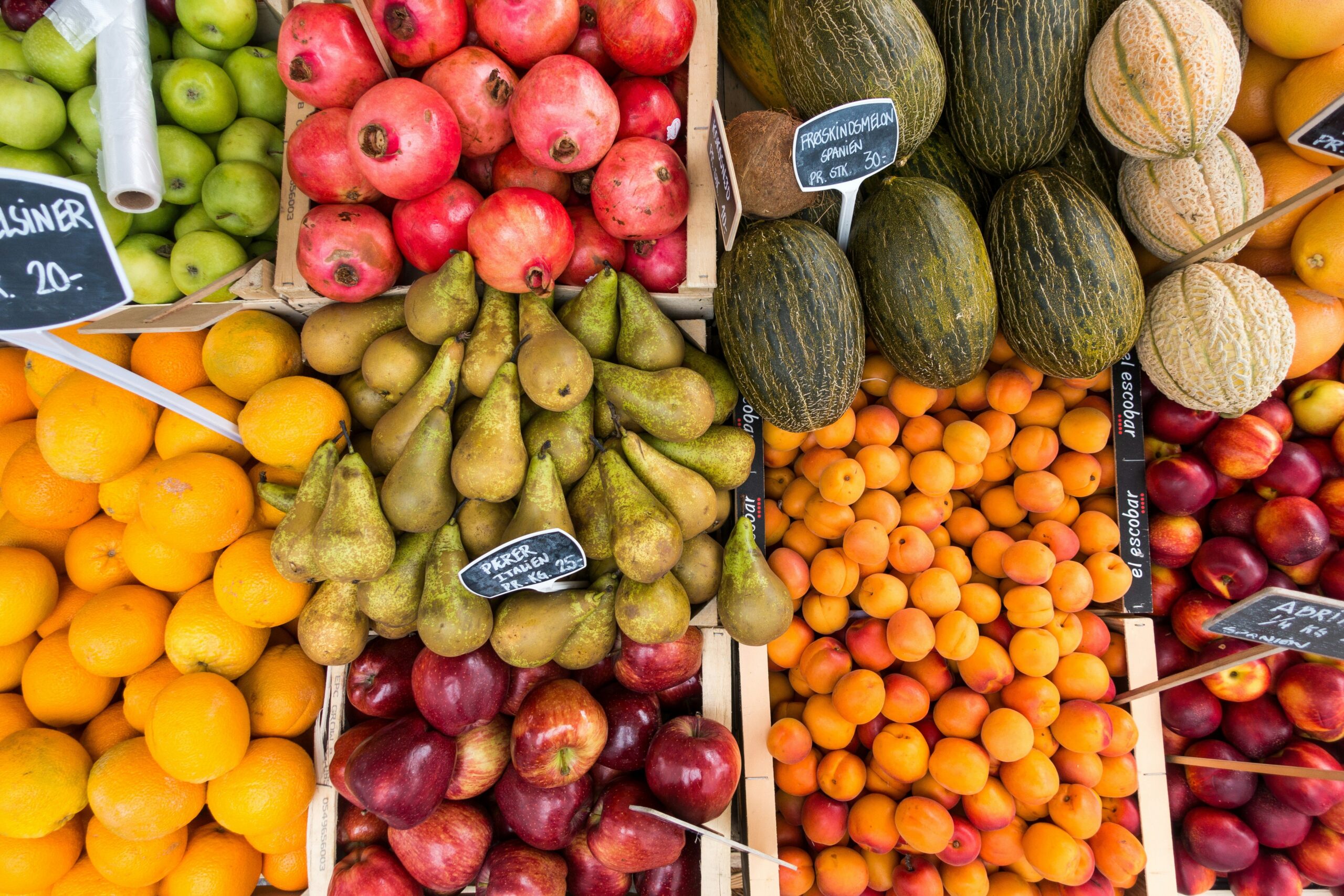Ever stared at your bathroom counter, overwhelmed by the endless bottles of skincare products promising miracles—and yet, you’re still breaking out? What if we told you that radiant skin could start not in a lab but in your fridge? That’s right. The secret to glowing skin might just be hiding in an unlikely place: organic vegetables! In this guide, you’ll discover how embracing organic produce can help reduce chemical use while giving your skin the nutrients it craves. Buckle up—we’re diving into problem-solving, actionable tips, relatable stories, and some good ol’ ranting (because who doesn’t love a soapbox moment?). Ready?
Table of Contents
- Why Reduced Chemical Use Matters for Your Skin
- Step 1: How Organic Vegetables Can Save Your Skin
- Step 2: Actionable Steps to Incorporate Organic Veggies Into Your Routine
- Best Practices for Maximizing Results
- Real-Life Examples of Success Stories
- Frequently Asked Questions About Reduced Chemical Use
Key Takeaways
- Switching to organic vegetables helps minimize exposure to harmful chemicals.
- Incorporating veggies like cucumbers, spinach, and carrots directly into DIY masks boosts skin health naturally.
- Reduced chemical use isn’t just better for your skin—it’s also kinder to the environment.
- Patch testing is crucial when trying any new ingredient, even natural ones.
Why Reduced Chemical Use Matters for Your Skin

“Optimist You:” I mean, they wouldn’t sell these serums if they weren’t safe, right?
“Grumpy Me:” WRONG. Many commercial skincare products are packed with parabens, sulfates, and synthetic fragrances—all linked to irritation and long-term damage.
Here’s the kicker: Did you know the average person applies over 300 chemicals to their body daily? Yikes. This cocktail of toxins seeps into our pores, potentially leading to inflammation, premature aging, and sensitivity issues. But fear not; there’s hope in the form of cleaner solutions like reduced chemical use through organic options!
Step 1: How Organic Vegetables Can Save Your Skin
Let me confess—once upon a time, I slathered every “miracle cream” under the sun onto my face (*facepalms*). Spoiler alert: It did more harm than good. Then I tried making a mask from blended cucumber—simple, cheap, effective, and OMG RESULTS.
Organic veggies are nutrient powerhouses. Think antioxidants (hello, anti-aging), vitamins (adios dullness), and hydration (yes, please). They’re free from pesticides found in conventional crops, meaning fewer toxins entering your system.
- Cucumber: Calming + Hydrating
- Carrot: Rich in Vitamin A = Anti-Acne Superstar
- Spinach: Packed with iron & chlorophyll for brightening.
Step 2: Actionable Steps to Incorporate Organic Veggies Into Your Routine
Ready to channel your inner green goddess? Here’s how:
- Start Simple: Blend one veggie (like cucumber) with honey as a mask base. Apply twice weekly.
- Boost Juices & Smoothies: Drink your way to glowy skin with spinach or kale smoothies.
- Create A Veggie Scrub: Mix grated carrot with oatmeal for gentle exfoliation.

Best Practices for Maximizing Results
- Patch Test Always: Even natural ingredients can irritate sensitive skin.
- Store Properly: Freshness matters. Refrigerate leftover mixtures.
- Avoid Overdoing It: Like too much caffeine, too many masks can backfire.
Terrible Tip Alert: DO NOT rub raw onion all over your face because someone online said it cures acne. No. Just no.
Real-Life Examples of Success Stories

Take Sarah H., a graphic designer turned organic beauty advocate. After ditching her $200 moisturizers for homemade zucchini toner, she swears her eczema disappeared within weeks. Or Tom R., whose girlfriend gifted him DIY pumpkin enzyme scrubs—he now sports cheeks so soft, he jokes he should charge rent.
Frequently Asked Questions About Reduced Chemical Use
Q: Are organic vegetables really worth the extra cost?
A: Yes—fewer pesticides mean safer consumption/application AND serious skin benefits.
Q: Can I combine multiple veggies in one treatment?
A: Absolutely! Just ensure they complement each other (e.g., avoid mixing acidic citrus with sensitive skin types).
Q: How do I pick truly organic produce?
A: Look for certifications like USDA Organic or ask local farmers directly about their farming practices.
Conclusion
The road to clearer, healthier skin starts with small changes—starting today, embrace reduced chemical use by incorporating organic vegetables into your routine. Whether you blend them, eat them, or wear them as masks, nature has got your back (*pun intended*).
“The best foundation for your makeup is clear, nourished skin.” – Unknown
Like a Tamagotchi, your skincare needs daily love—with reduced reliance on harsh chemicals. Now go forth and glow responsibly.


